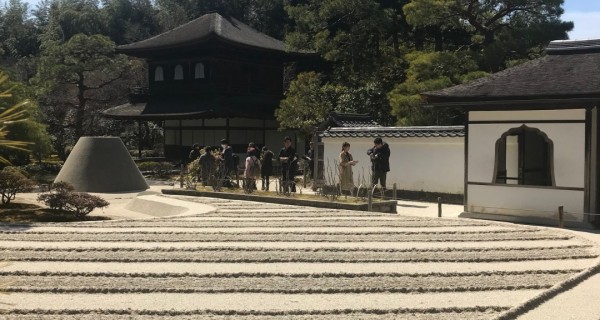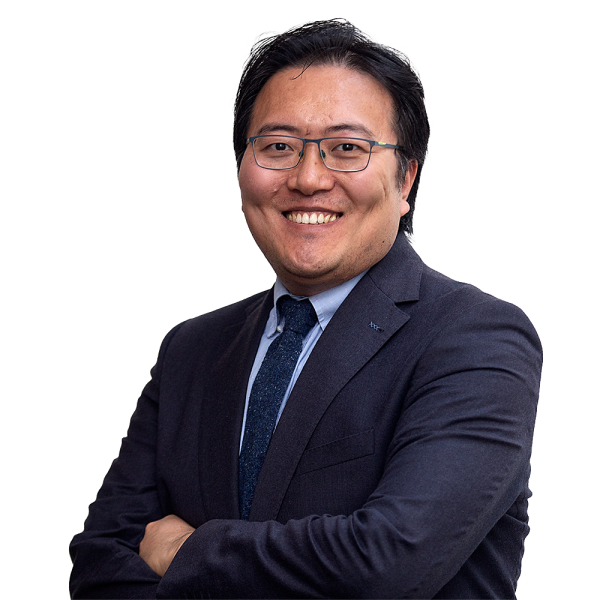How to get a permanent residence permit as a privileged diplomat in the Netherlands?

Are you a foreign diplomat working in the Netherlands? Are you or your family members planning to settle in the Netherlands? This article elaborates on the various provisions of the Netherlands Immigration Decree and tells you the possible ways to obtain permanent residence in the Netherlands.
Diplomatic identity and privileged status Diplomats, consular officers, employees of international organizations and their family members enjoy the privileged status in the Netherlands. This privileged status allows its holders to be exempted from municipality registration requirement, and, under certain circumstances, foreign diplomats enjoy immunities.
How can I apply for the permanent residence?
The diplomatic identity card is issued by the Dutch Ministry of Foreign Affairs (abbreviation in Dutch: BuZa), whilst the other types of residence cards are issued by the Immigration and Naturalization Department (hereafter: IND). Under the current policy, dual residence status is not allowed. It means that, during your stay in the Netherlands, you can hold either the privileged status card (diplomatic identity card) or a regular residence card issued by the IND, but not both cards at the same time. Once you obtain a regular Dutch residence card issued by the IND, your privileged status will cease to exist.
Basically, there are two ways of obtaining permanent residence. First, when you have been holding the privileged status in the Netherlands for ten consecutive years, you can apply for a permanent residence card (“regulier onbepaalde tijd”). For example, you have been working 10 years, first as an agricultural attaché and then later as a third secretary at the Agricultural Section of an Embassy.
The Immigration Decree makes a difference between diplomats working at an embassy and people (with privileged status) working at an international organization. For people working at an international organization and their family members, it is possible to combine the duration of their current or previous stay as a regular immigrant (on a regular IND residence permit) with the duration of stay as a privileged staff member of an international organization (on a diplomatic identity card). For example, after following a two-year study program, Sarah graduated with a Master’s degree from a Dutch university. After that, she has been working 8 years as an administrative officer with privileged status at an international organization. In this case, Sarah can now apply for a permanent residence card. This possibility of combination is not available to diplomats working at embassies and their family members.
The second way is to renounce your privileged status and to obtain a regular (definite) residence card for the purpose of work, study or family reunification. By this way, you can acquire the status of permanent residence through residing five consecutive years as a highly skilled migrant, EU blue card holder or family member of a Dutch or EU citizen etc. For example, Haruki has been working 3 years as an assistant attaché at an embassy. Haruki decides to renounce his diplomatic status and to apply for a highly skilled migrant permit and to work at a multinational in the Hague. In this case, after working five years as a highly skilled migrant, Haruki will be able to apply for a permanent residence permit.
In order to acquire permanent residency, (ex) diplomats/privileged staff members also need to pass the civic integration exam and to demonstrate that they have sufficient and sustainable income to provide for themselves.
Should you have any questions about your diplomatic status, please do not hesitate to contact Mynta Law.

Gerelateerde artikelen
- Latest ECJ Judgment: Loss of EU long term stay permit due to absence?
- Overstay and entry ban: how does it work?
- Economically inactive visa for long term residents from other EU countries
- Dutch American Friendship Treaty: different forms of busness associations in the Netherlands
- Athlete permit: a visa for talented sportspeople
- Dutch American Friendship Treaty: a residence permit for American entrepreneurs
- New IND policy: residential address requirement for EU long term permit holders
- Two Types of Permanent Residence Permits in the Netherlands: This is What You Need to Know About Them
